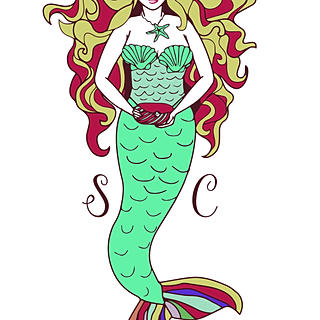How much should we trust experts? You must ask the right questions!
- Bill Holmes
- Dec 29, 2022
- 2 min read

“Good swimmers didn’t depend on swimming rings. They made use of their guts!” Michael Bassey Johnson, Song of a Nature Lover
“Take it from me, an authority on expertise: You can't trust experts.” Jeff Schmidt, Disciplined Minds: A Critical Look at Salaried Professionals and the Soul-Battering System That Shapes Their Lives
In my last post I explained that project managers are process experts who understand the most efficient and effective way to move from Point A (current state) to point B (desired state). Since we are process experts, we use people with expertise in other domains to assist with every phase of our project.
I then made the point that you can’t blindly trust experts! You need to ask the right questions, find the right experts, and determine how precise the answer must be. I then suggested we explore the question “Should we wear masks because of COVID-19?”
Is that a reasonable question?
No. It is an imprecise question that an expert can misinterpret. How about this version: “Should we wear masks to stop the transmission of COVID-19?” Is that a good question?
No. It is not a good question because there are two sides to transmission! The first question is: “Will wearing a mask protect me from COVID-19?” The second question is “Will wearing a mask protect others from COVID-19?” The surgeon doesn’t wear a mask to protect themselves from the patient, they wear the mask to protect them patient from them. However, health care professionals do wear masks to protect themselves from infection in enclosed spaces with people with airborne communicable diseases.
Enclosed spaces! Another variable! We have just discovered the question “Should we wear masks because of COVID-19?” now has at least 4 different variables: A sick person stopping transmission, protecting a healthy person from infection, enclosed spaces, and well-ventilated areas.
Asking the right questions is crucial! Can you see how it can be true that you should wear a mask in an enclosed area with infected patients, but it can also be true that you don’t need to wear a mask outside on a sunny day?
If you can’t see that distinction, you aren’t applying critical thinking. If you apply an overly simple question structure to complex project issues, and you will constantly wonder why your experts got it wrong.
They didn’t. You asked the wrong questions.
Now that we have identified these variables, will we get the same answer from different experts? Of course not! I’ll cover that next.
Coda
A theme in this section has been the incompetence of leadership in general. Look at the holiday airline debacle. What a complete and catastrophic leadership failure. Will the leaders of the airline or the regulatory agency be held to account? You know they won’t. I know of an entity that is going through a reorganization, and the consulting company assisting literally has a framework for change named after them. Do you think the leaders of the organization know about this framework? Probably not. Do you think the consultants are following that framework? Nope. Are they following any change framework? Not that I can tell. Will anyone be held accountable when this fails? You know the answer…









Comments